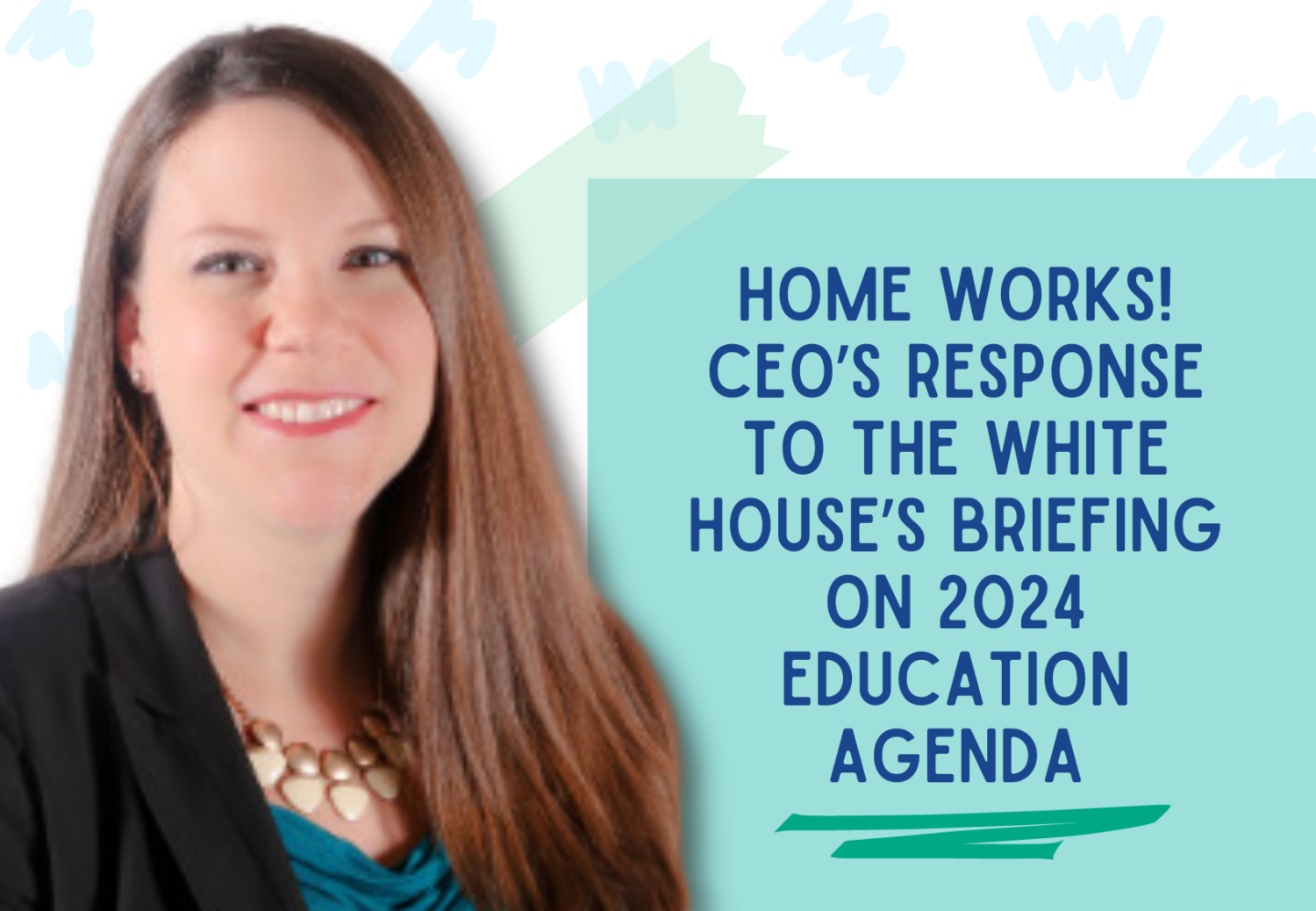Last month, the White House released its latest plan to improve student achievement in 2024, highlighting the pervasive issues of declining academics and chronic absenteeism among our nation’s K-12 students. As the leader of HOME WORKS!, a nonprofit working with schools to build literacy, math skills, and strong attendance for all students through purposeful partnerships between school and home, I was encouraged to see mentioned the influence of targeted parent and family engagement strategies on attendance.
But the powerful impact of well-executed parent and family engagement programs goes well beyond attendance. In fact, decades of research consistently shows that students with engaged parents perform better on standardized assessments and demonstrate improved behavior in the classroom, and students in schools with strong parent and family engagement programs in place fared better during the pandemic. So why aren’t we placing parents and families at the center of learning recovery? Why is it that only 8% of education-focused philanthropic dollars are invested in organizations doing the meaningful and intensive work of building relationships between school and home?
Part of the challenge is that many activities, from low-impact events such as “Donuts with Grownups” to high-impact, evidence-based interventions, such as teacher home visits, Parent Cafes, and skill-building parent workshops, fall under the umbrella of parent and family engagement. At HOME WORKS!, we define effective and impactful parent and family engagement as a partnership between school and home where families, teachers, all school personnel, and students are aligned around common goals and shared values to ensure student success. It’s evidence-based, it’s human-centered, it’s sustainable, and most importantly — it gets results.
“We cannot raise the bar for our students’ academic recovery and achievement without consistent and meaningful engagement with the parents and families who know them best.”
— Education Secretary Cardona
Did you know that public school students in Missouri spend, on average, less than 12% of their year receiving academic classroom instruction? 12%! We can’t expect teachers to shoulder 100% of the educational burden during 12% of a child’s life. Programs like high-dosage tutoring certainly increase individualized instructional time, but best-practice suggests it occur during the already short school day. That leaves an incredible opportunity for learning to continue beyond the classroom. By not equipping and empowering parents and families to support learning at home, we leave untapped one of the greatest, most-consistent, cost-effective, and impactful resources children have – their parents.
And parents are hungry for this kind of partnership. I’ll never forget a kindergarten mom who shared her gratitude following one of our Parent Teacher Workshops, stating “before today, I didn’t know I could do anything that mattered.” And she’s not alone. Nationally, 9 in 10 parents believe their child is at or above grade level in math and reading, yet we know that less than half of children in America meet that mark. But when someone from school takes the time to sit down with a parent, on the parent’s terms at a time and place of their choosing, the floodgates of communication open and parents and teachers become teammates. When parents are invited into the school community, not just for a rushed snack or parent teacher conference, but to a meaningful and engaging event where student attendance and performance on academic assessments, not just grades, are discussed and parents and teachers come up with and practice strategies together to build upon a child’s strengths and shore up her weaknesses, change begins to take place.
The battle against declining academics and chronic absenteeism begins at home, and all those who care about our children’s future must be proactive in forging strong partnerships with families to give students the thriving educational experience they deserve. Evidence-based strategies, such as Parent Cafes, teacher home visits, and parent-teacher workshops, build relationships between school and home based on trust and mutual respect, teach families how to support learning at home, and show parents that they are a valued and critical piece of their child’s journey to academic success. By investing in families, we can build a resilient system where every student feels connected, supported, and motivated to learn, laying the foundation for a brighter future.

